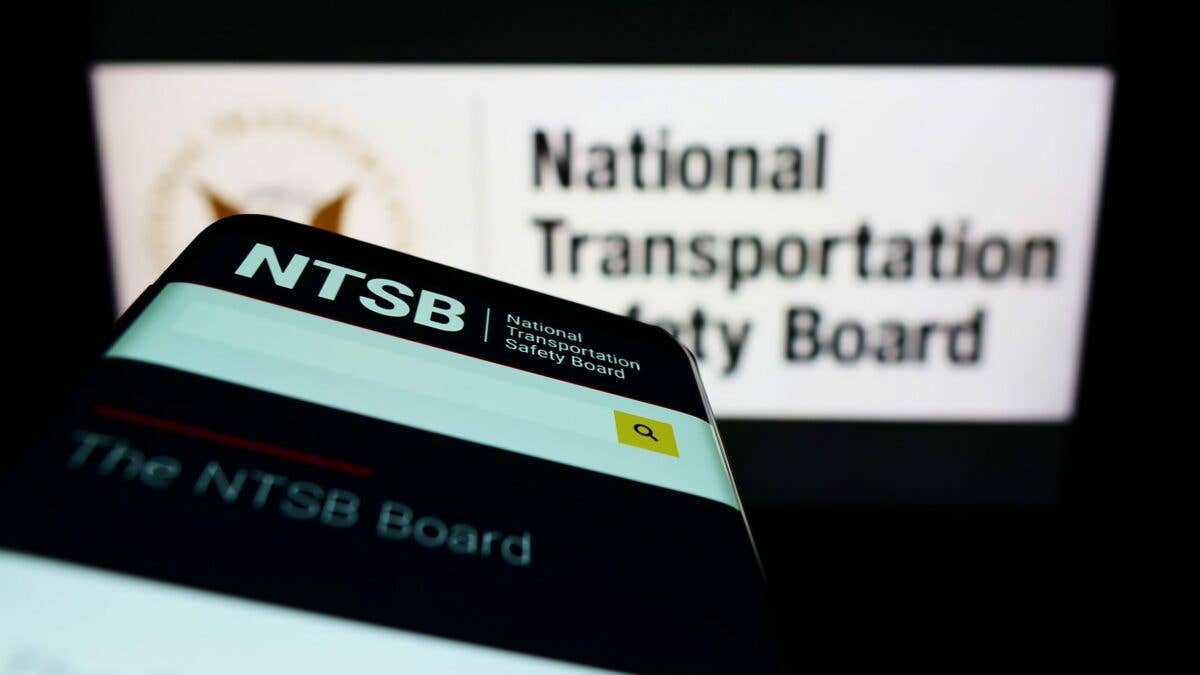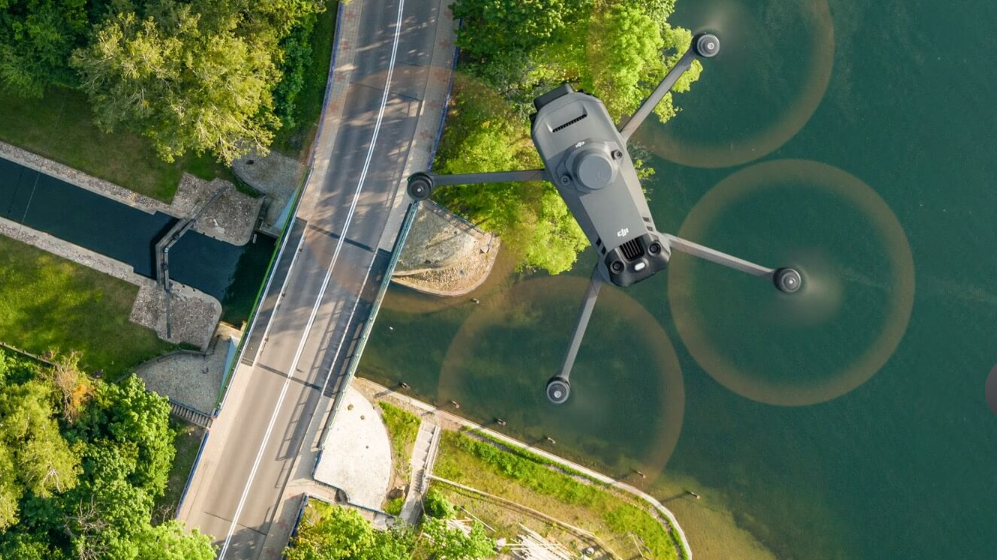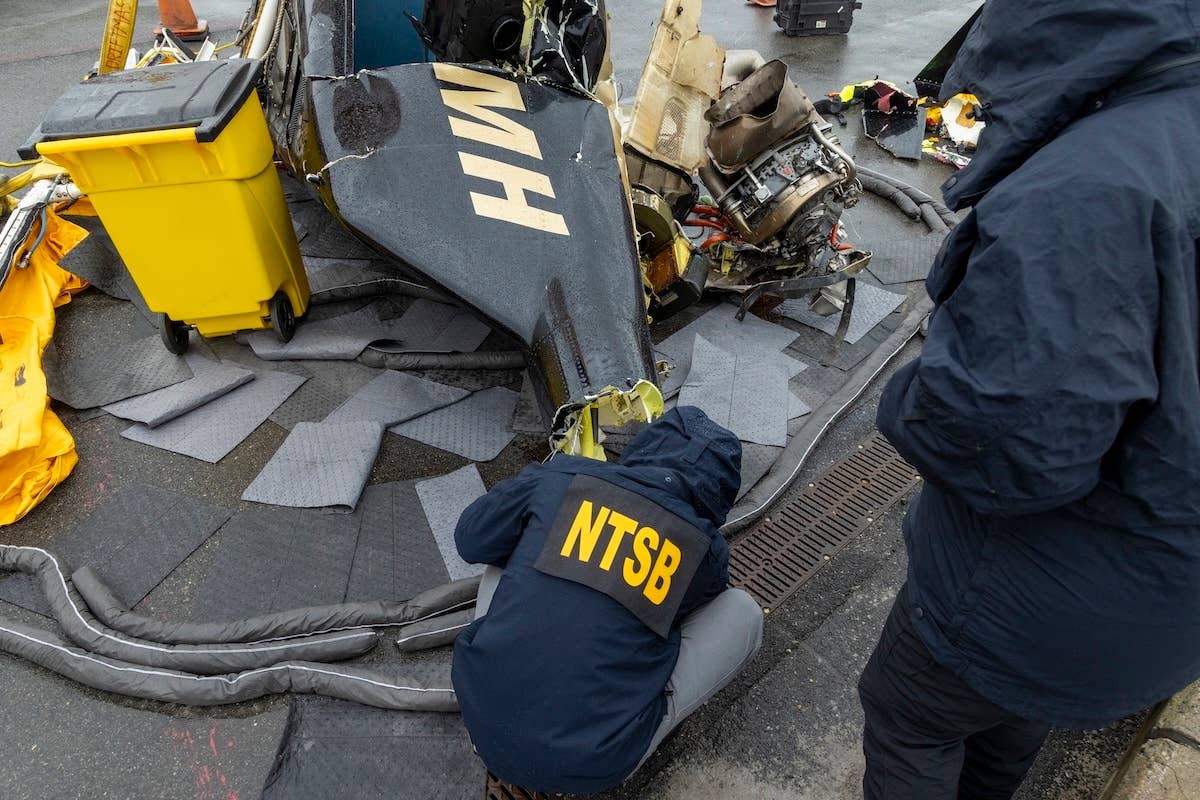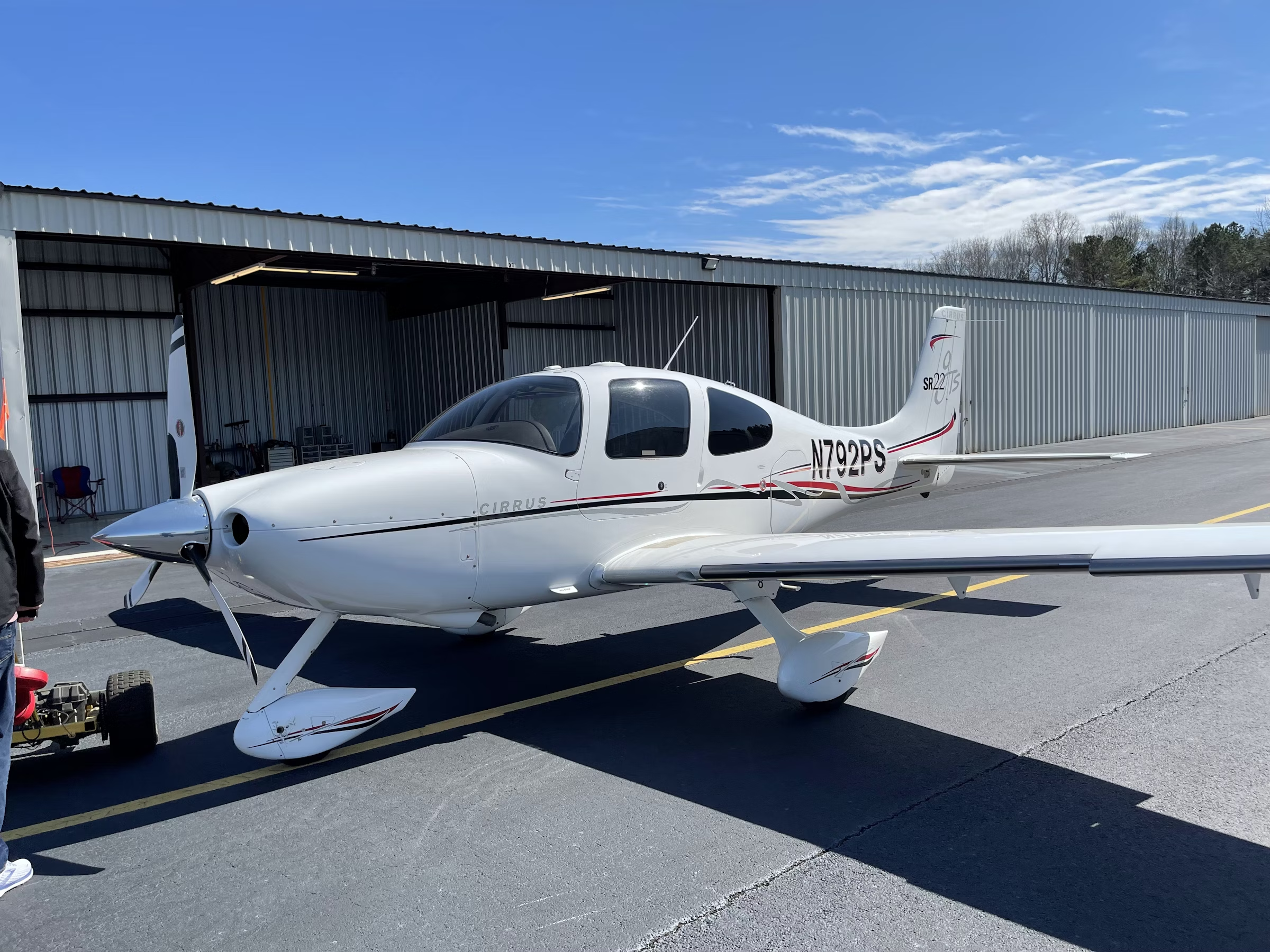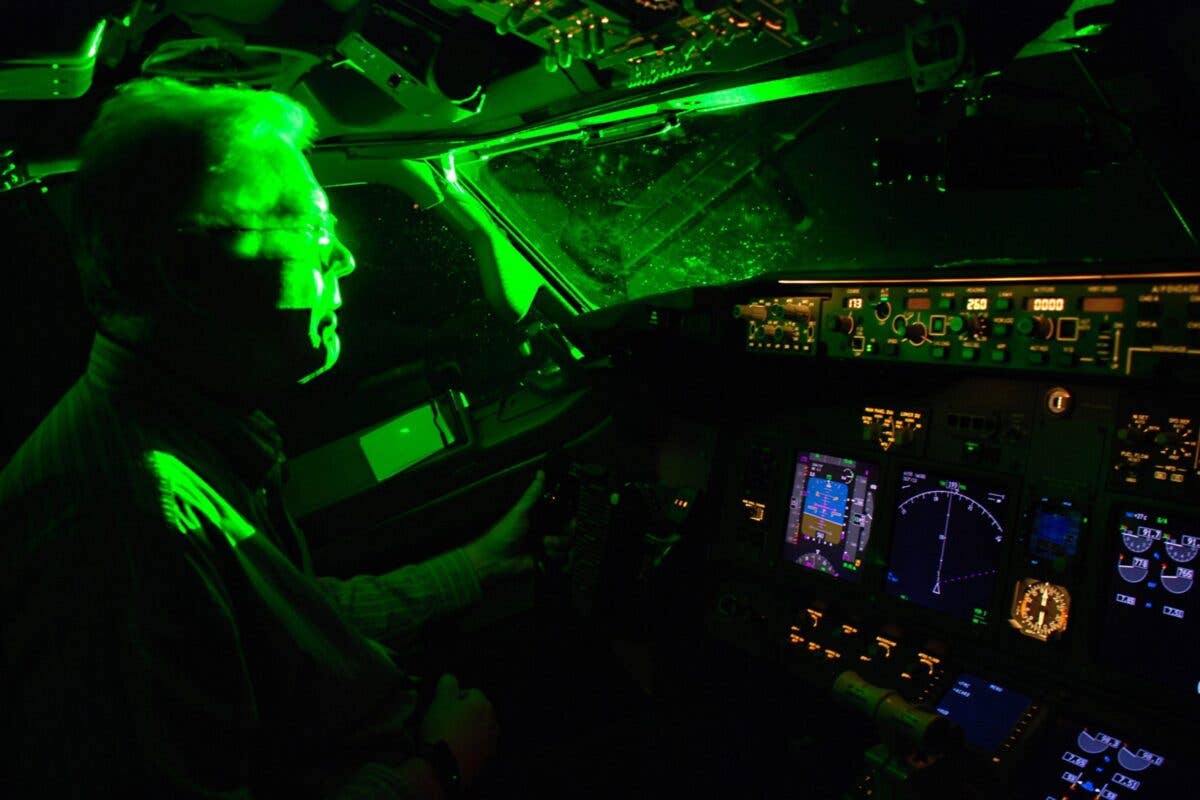Tecnam Celebrates 75 Years of Passion for Aircraft Design
Along with events throughout 2023, the Italian manufacturer hosted dealers and friends at its headquarters near Naples.
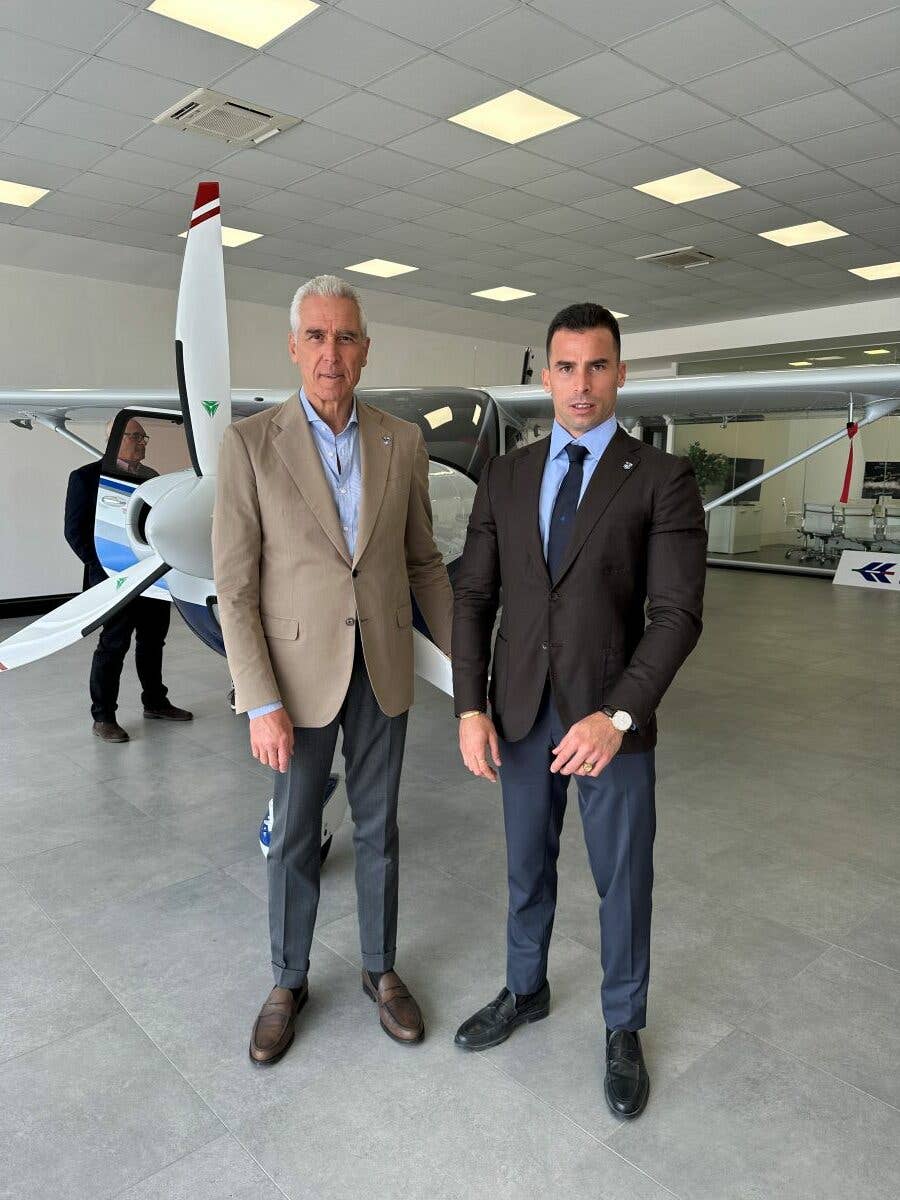
Paulo and Giovanni Pascale, father and son, hosted the extended Tecnam “family” for a celebration of the company’s 75th anniversary on May 12. [Credit: Julie Boatman]
The dream started with a few handmade tools in a shop on the Via Russo in Naples, Italy, in 1948, when the Pascale brothers—Luigi “Gino” and Giovanni “Nino”—took what little funds they had and began work on what would become the P.48 Astore, a single-engine, monocoque-airframe design powered by a scavenged Continental C65 engine. The work to craft a flyable airplane—which first flew on April 2, 1951—culminated a journey the brothers had initiated in the early 1930s and kept alive through World War II’s rupture of both the country’s fabric and infrastructure.
Along with events throughout 2023 to mark the milestone anniversary, Tecnam, the Italian airplane manufacturer, hosted its extended network of vendors, dealers, media, and friends last week at its headquarters at the Capua airfield (LIAU), near Naples—celebrating 75 years of passion for aircraft design.
The gathering featured a historical presentation in the company’s on-site museum, a walk of the production facility, demo flights in the P2012 Traveller, P2010 Gran Lusso, and P-Mentor, and was capped off by a gala dinner at the Castello di Faicchio. “There are people who have come from all over the world,” said Giovanni Pascale, managing director for Tecnam, “so it’s extremely important for us. We appreciate it. It means a lot for us. What we have always been saying is that Tecnam is a big family.” These were clearly not just empty words but were delivered with sincerity and a passion for aircraft design and the people making that happen for the company throughout its timeline.
The Castello di Faicchio made for an elegantly fitting place to honor the memories of the founders, as it was where the Pascale brothers once flew their early model airplanes from its walls as boys. “They were 10 years old when they designed these models—it’s impressive,” said Stefano Mavilio, director of communications for Tecnam, during the museum briefing.
A Passionate Family—and a Little History
From the brothers’ launch in 1948 with the Astore came a series of single-engine airplanes and gliders. Then, history took a turn with the Pascales’ next company, Partenavia, founded on May 22, 1957, which later evolved into a government-driven business to design and produce commercial aircraft, beginning with the twin-engine P68 in 1968—perhaps the most recognizable of the company’s designs from this era.
But the romance of the lighter end of the aviation industry kept calling. The brothers developed the follow-on business—Tecnam— after parting ways with Partenavia in 1986. There, Gino and Nino worked on subcontracted components and assemblies for other manufacturers. “The idea was, ‘we are not your employees; we will be your supplier. So we are free to build the parts you [Partenavia] need, but our time is ours alone,” Marvilio summarized in the tour. Tecnam did just that—until the spark to return to single-engine airplane development returned to them in the early 1990s.
From this sprung the first true Tecnam model, the P92 Echo, conforming under the ultralight rules of the predecessor to the European Union Aviation Safety Agency (EASA), JAR—or Joint Aviation Regulations. The new bird took flight from Capua airfield on March 14, 1993, with Gino at the controls.
Tecnam has stayed firmly in family hands after the elder Pascales passed on—Nino in 1999, and Gino in 2017. Since the mid 1990s, the company has been guided by Nino’s son, Paulo Pascale, CEO, and now Giovanni Pascale, Paulo’s son, who is the current managing director, assuming this position in 2019 after a nearly nine-year turn as chief operating officer.
New Era at Tecnam
The company’s history, however, has entered a new era with the transition of the reins to the younger Pascale, and the advent of new models—most recently the twin-engine P2012 Traveller—which secured a FLYING Editors Choice Award in 2020, and has seen recent fleet expansion—and now the P-Mentor. The P-Mentor aims squarely at the training market, and with EASA CS 23 certification on April 7, 2022, Tecnam delivered 17 units last year.
While the two-seat, Rotax 912iSc-powered trainer awaits FAA validation, several flight schools have queued up to put them into service as soon as that happens. The design enables the P-Mentor to have passed the latest EASA requirements (CS-23 Amendment) for low speed and stall characteristics without a ballistic recovery system being an essential part of the aircraft configuration, though the BRS ballistic recovery system is an option. With a maximum takeoff weight of 1,587 pounds, it’s more substantial than similar aircraft in the light sport (U.S.) or ultralight (EASA) categories.
Look for a full We Fly report on the P-Mentor and a look back at 75 years of Tecnam in an upcoming print edition of FLYING.

Sign-up for newsletters & special offers!
Get the latest FLYING stories & special offers delivered directly to your inbox

